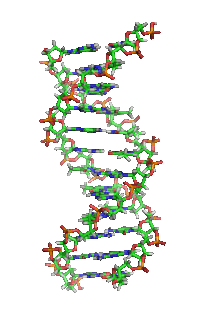Assignment 1-3: Scientific Processes and Thinking
EQ: How does Science differ from other ways of knowing things?
OBJECTIVES:
-SC.912.N.2.1 Identify what is science, what clearly is not science, and what superficially resembles science (but fails to meet the criteria for science).
-SC.912.N.3.1 Explain that a scientific theory is the culmination of many scientific investigations drawing together all the current evidence concerning a substantial range of phenomena; thus, a scientific theory represents the most powerful explanation scientists have to offer.
-SC.912.N.3.1 Explain that a scientific theory is the culmination of many scientific investigations drawing together all the current evidence concerning a substantial range of phenomena; thus, a scientific theory represents the most powerful explanation scientists have to offer.
KEY TERMS: Observation, Data, Hypothesis, Experiment, Independent Variable, Dependent Variable, Constant, Theory
MAIN CONCEPT
Science is one way of trying to understand the world around us. The scientific method is not merely a set of prescribed steps; it is more a way of thinking about things. Science demands evidence of its claims and does not accept “truths” merely because someone says it is one. In practice there are several common steps in the process.
- Define the key terms listed above.
- Create a Frayer Model for the word Theory.
- Use a T-Chart to compare and contrast what science is with what science is not.
- State the three principles upon which scientific thinking is based.
- Explain the importance of evidence in the scientific process.
- Compare and contrast qualitative data with quantitative data. List 3 examples of each.
- Explain the importance of testing a hypothesis more than once.
- Describe the purpose of peer review.
- Predict what might happen if an article is published without undergoing peer review.
- Compare and contrast the independent variable with the dependent variable.
- Explain why only one independent variable should be tested in an experiment, and all the other conditions have to stay the same.
- Distinguish between a hypothesis, a theory, and a law in science. Provide one example of each.
- Explain why the statement "All life is made of cells." is an example of a theory in science.
- Design an experiment to investigate whether a common drug (i.e. caffeine) affects a spider's ability to make a web. Be sure to include your hypothesis, the independent variable, the dependent variable, the control group, and the experimental group. For extra credit, include materials and methods, and constants.

No comments:
Post a Comment